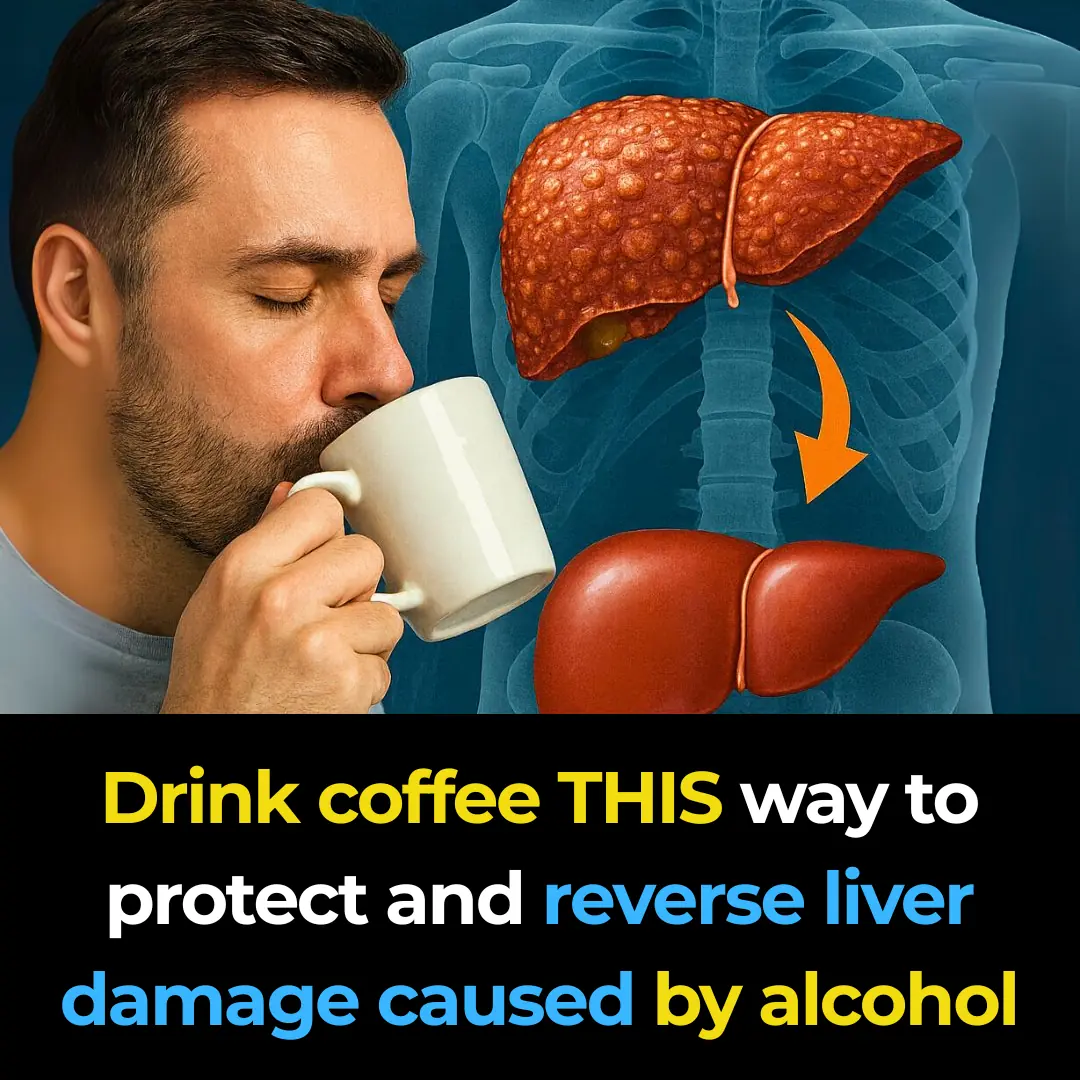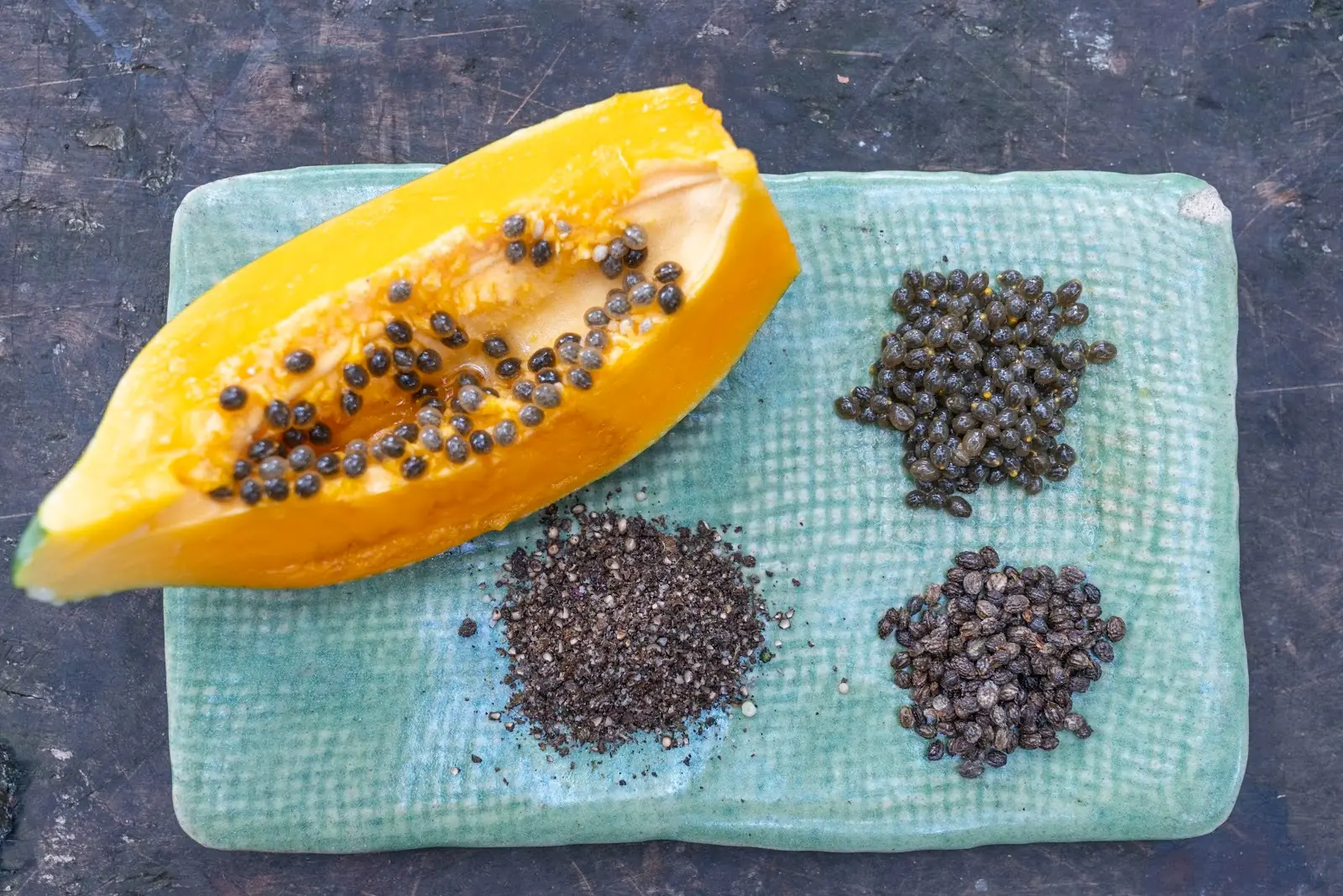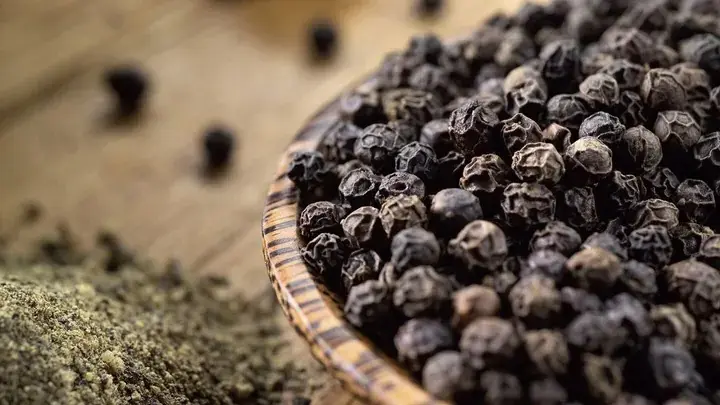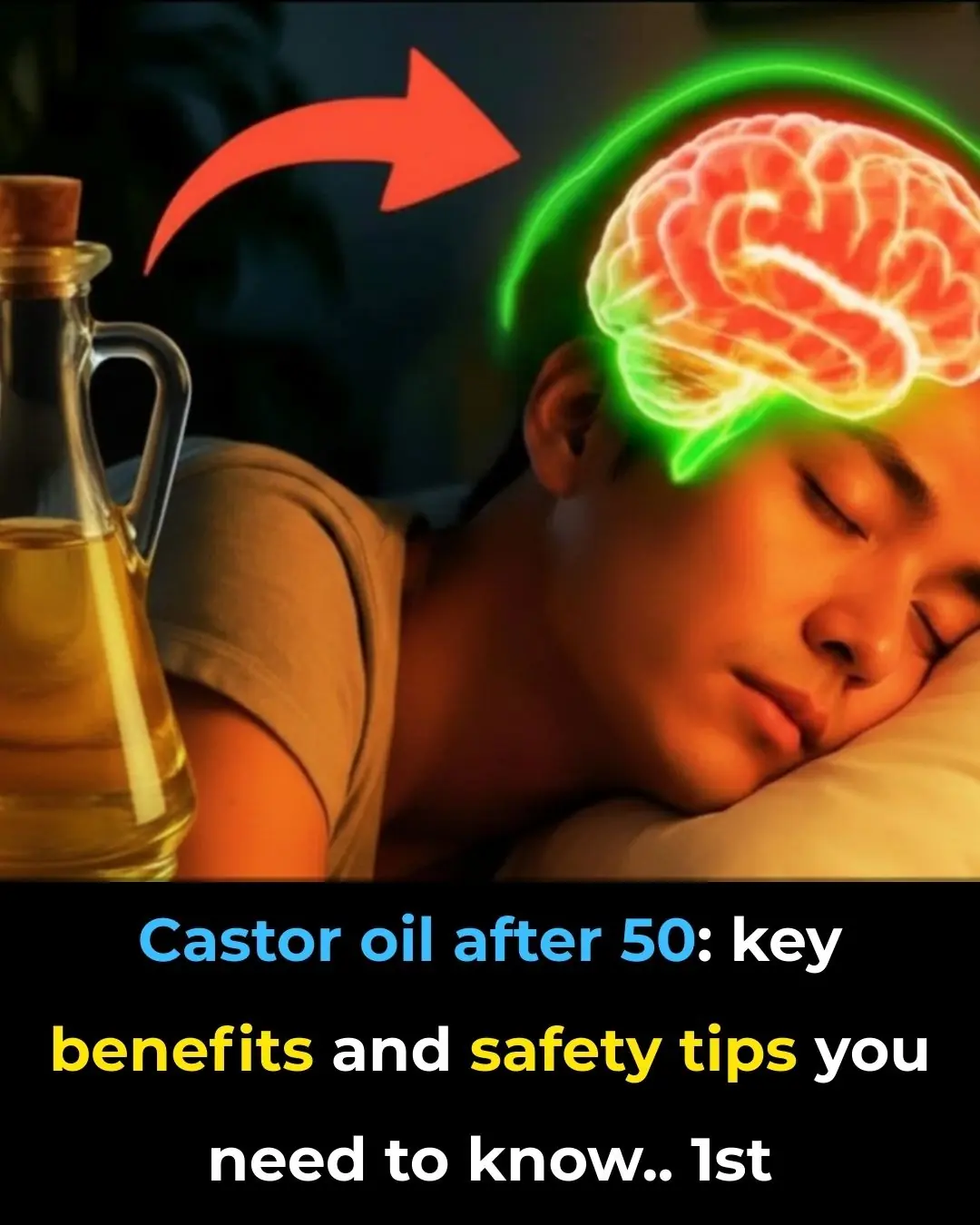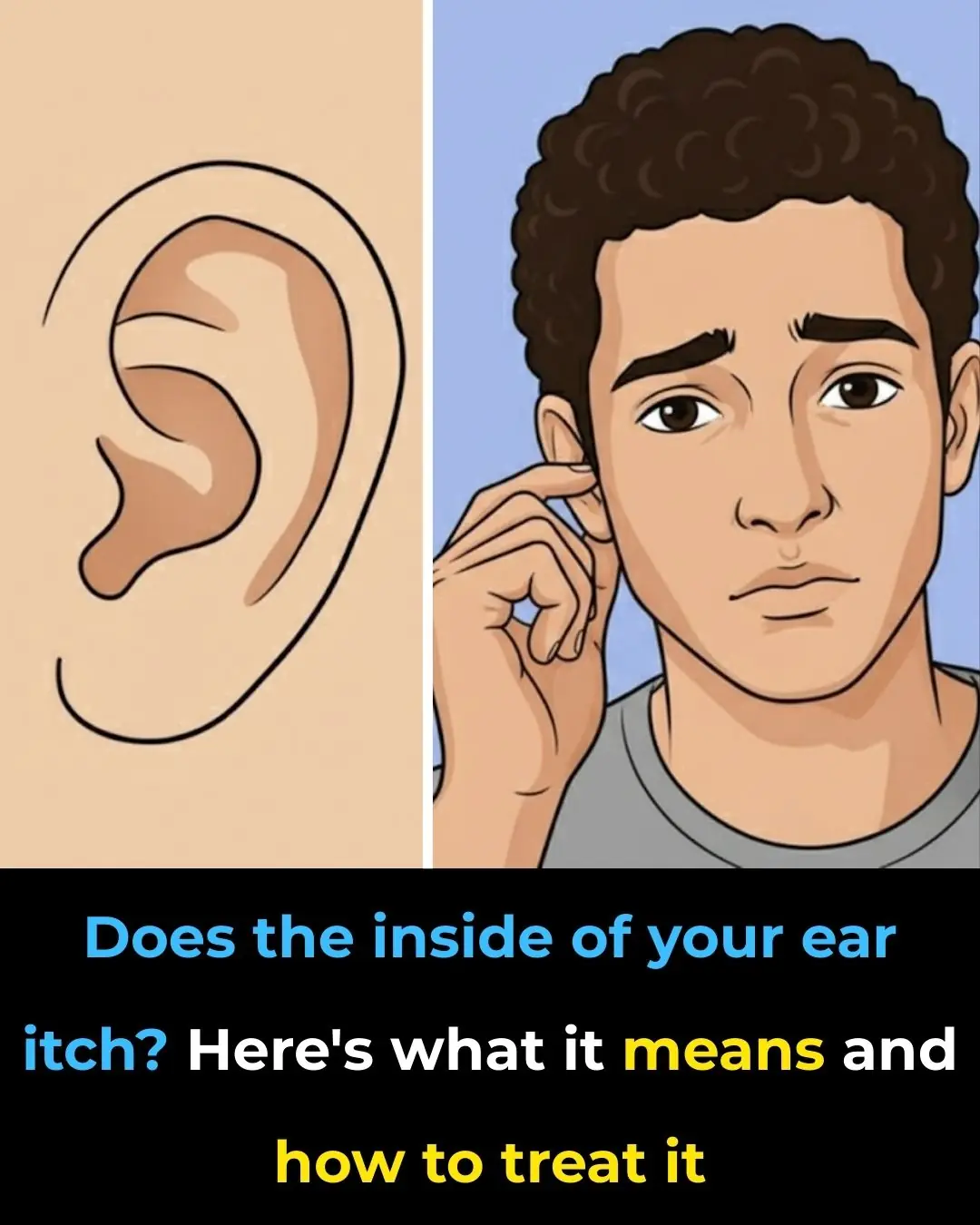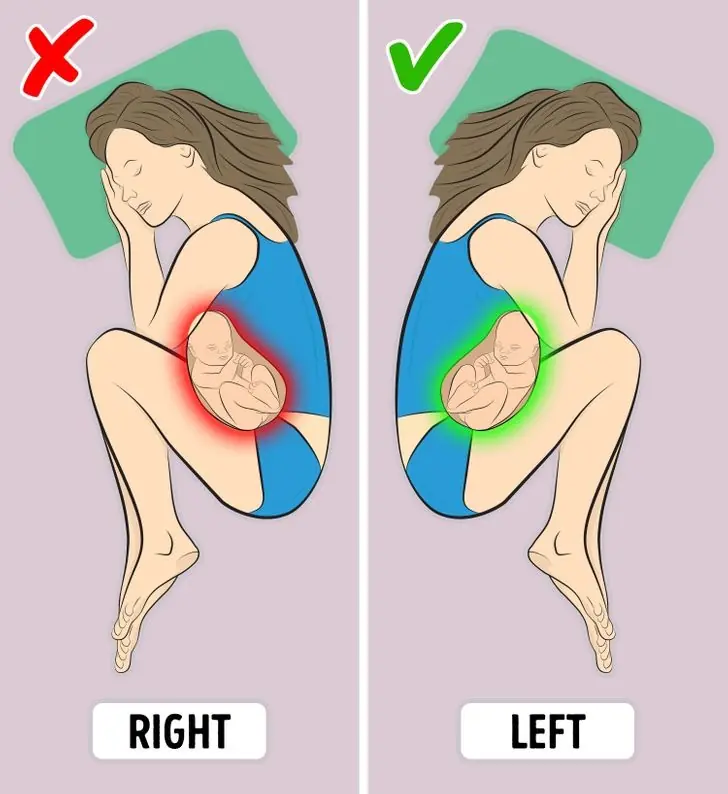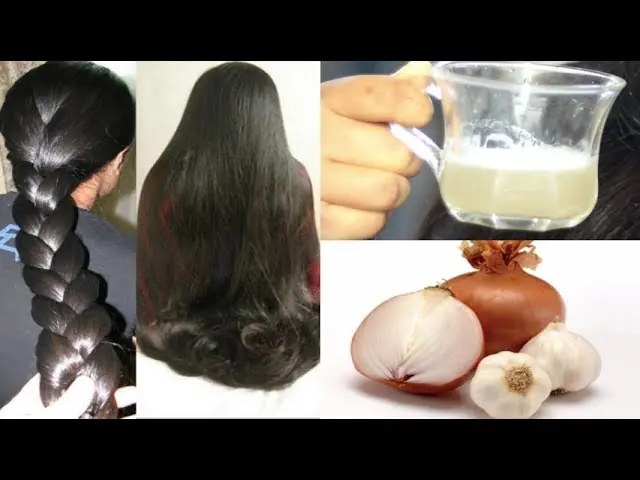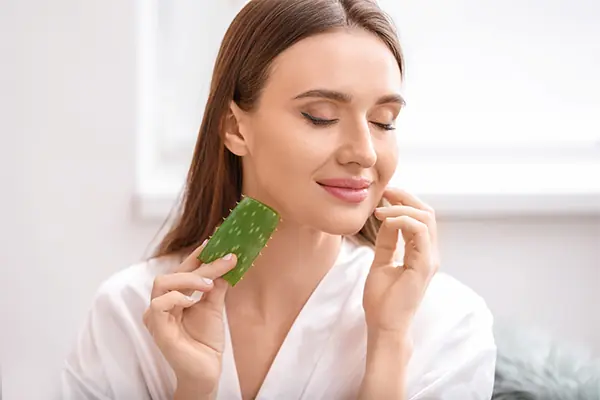As we age, our bodies naturally lose muscle mass—a condition known as sarcopenia. This happens because our bodies become less efficient at building new muscle. However, a simple ingredient, creatine, can help older adults rebuild muscle and even improve brain function. Creatine is a natural compound that the body already produces, and it acts as a quick energy reserve for both muscles and the brain. Here's how it works and why it's so beneficial, especially for older adults.
What is Creatine and How Does It Work?
Creatine is a compound made by your body from three amino acids: arginine, glycine, and methionine. These building blocks are created in the liver, kidneys, and pancreas. Once produced, creatine travels through the bloodstream, with most of it reaching your muscles, and a small amount going to the brain. In both places, creatine helps with energy.
Think of the body’s energy as currency. The primary energy currency is ATP. When muscles work, ATP is used and converted into ADP. Creatine helps turn ADP back into ATP, essentially recharging your energy. It's like a backup power switch for your muscles and brain, giving them that extra boost when needed.
Why Older Adults Need Creatine
As we age, especially in our 60s and 70s, our bodies become less efficient at producing creatine. This leads to a shortage of energy for muscles and brain functions, contributing to age-related muscle loss. Even though exercise is important, many older adults don't move enough to stimulate creatine production. By adding a small daily dose of creatine, you can restore what aging has taken away.
Getting Creatine: Food vs. Supplements
Can you get enough creatine from your diet? Yes, but it’s not always easy. The best food sources are red meats and certain fish, like beef, salmon, and herring. A typical steak might provide 1 to 2 grams of creatine. However, most older adults don’t eat enough of these foods regularly to maintain adequate creatine levels. As we age, our appetite decreases, digestion slows down, and many seniors cut back on red meats for heart health concerns or adopt plant-based diets. While plant-based diets are great in many ways, creatine is almost absent from plants.
This is where creatine supplements come in. Creatine supplements are a simple, effective way to add this vital nutrient to your daily routine. They are easy to take and don’t require drastic diet changes.
How Much Creatine Should You Take?
For most people, a small scoop of 3 to 5 grams of creatine monohydrate daily is enough. Creatine monohydrate is the most studied and trusted form of creatine. You don’t need anything fancy—just mix it into a drink, like your coffee, and you're good to go.
Recently, studies have explored using higher doses of creatine (20 to 25 grams a day for about a week) for older adults. This "loading phase" quickly fills up muscle stores of creatine, like topping off a gas tank before a long trip. After this phase, you can return to 3 to 5 grams per day. These studies show that higher doses can lead to increased muscle strength, more lean muscle, and more energy, especially when combined with light resistance training.
Is taking 20 to 25 grams a day safe? Yes, these high doses were well tolerated in studies, with no major side effects or damage to the kidneys or liver. However, you can still see great results by starting with 3 to 5 grams daily. This is safe, easy to take, and will help you build strength over time.
Key Takeaways:
-
3-5 grams of creatine monohydrate daily is a good starting point for most seniors.
-
Loading phases (20-25 grams for a week) can speed up results but aren’t necessary.
-
Creatine is safe for kidneys and liver when taken as directed.
Common Concerns About Creatine
For a long time, there were concerns that creatine might harm the kidneys. This was based on the idea that creatine turns into creatinine, a substance doctors measure to assess kidney function. However, the increase in creatinine from creatine is artificial, and further research has shown that creatine does not harm the kidneys.
As for other side effects, some people may experience stomach discomfort or bloating, especially when first starting creatine. This usually subsides within a week or two. Taking creatine with food or splitting the dose (half in the morning, half at night) can help. Creatine may also cause dehydration because it pulls water into your muscles. Therefore, it's important to drink plenty of water, especially if you're on diuretics (medications that increase urine production).
Creatine and Exercise: A Powerful Duo
Creatine can help you build muscle and feel stronger, even if you don’t exercise. However, to truly maximize its benefits, especially if you’re over 60, you need to incorporate light resistance training or simple exercise snacks into your routine. You don’t need to lift heavy weights or go to the gym every day. A few minutes of daily movement can make a big difference.
Examples of simple exercises include:
-
Chair squats: Stand up and sit down from a sturdy chair, working your legs, hips, and calves. This improves your balance, metabolism, and reduces the risk of falls.
-
Wall push-ups: Great for upper body strength.
-
Split squats: Good for leg strength and balance.
-
Light dumbbell exercises or even yard work like digging.
When combined with creatine, these exercises make your body respond faster, helping you build strength, recover quicker, and feel more stable on your feet.
Beyond Muscles: Creatine and Your Brain
In addition to supporting muscle strength, creatine benefits your brain. While 95% of creatine goes to your muscles, the remaining 5% plays a crucial role in brain energy. Your brain uses a lot of energy, especially when thinking, remembering, or focusing. Creatine helps recharge the brain’s energy reserves, just like it does for muscles.
Studies have shown that creatine supplementation can improve memory and thinking skills, especially in older adults. This is particularly true for those who consume less meat, as their brain's creatine levels are usually lower. Creatine also helps restore mental clarity and reaction time, especially when you're feeling mentally tired or after poor sleep.
Wrapping Up
Creatine is a simple, safe, and effective way to improve both physical strength and mental clarity as you age. Whether you’re looking to build muscle, stay sharp, or maintain independence, creatine offers a straightforward, powerful solution. If you're over 60 or care for someone who is, consider adding creatine to your routine. It may be one of the best, most underrated ways to stay strong and sharp without making drastic changes to your lifestyle.

